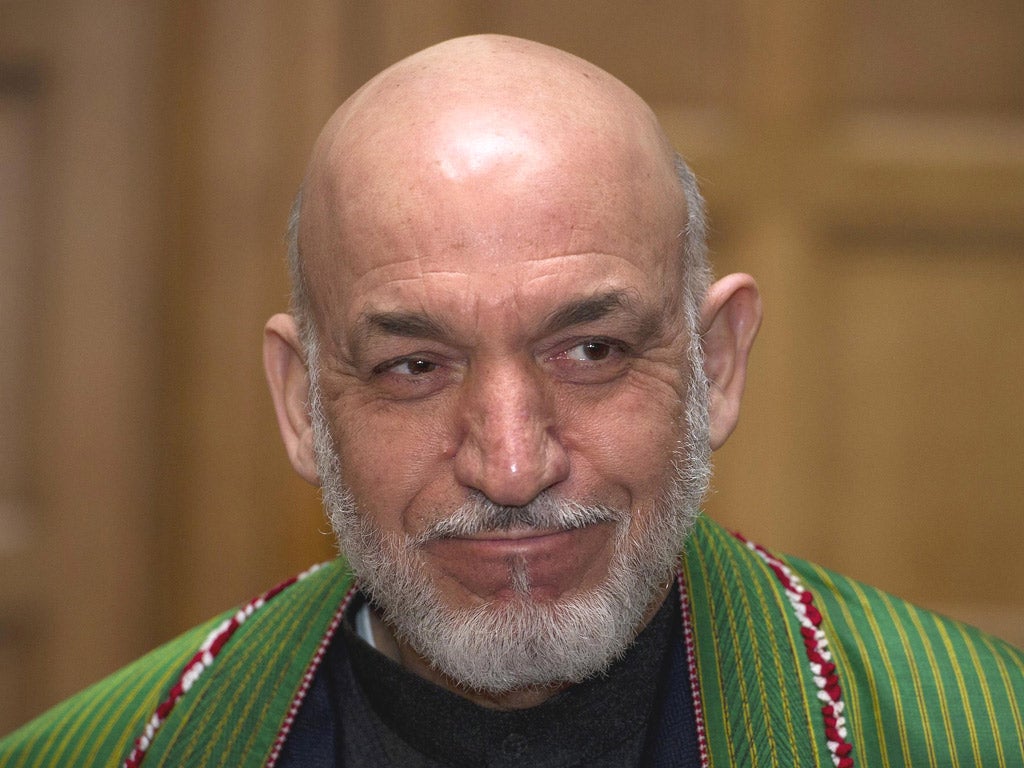Afghan civilians carry cost of war as death toll rises

More than 3,000 civilians were killed in the war in Afghanistan in 2011, the fifth year in a row the number has risen, according to the United Nations in a report likely to revive tension between the Afghan government and its Western backers.
Civilian deaths undermine support both in Afghanistan and the United States for the US-led war, and are one of the biggest causes of friction between President Hamid Karzai and the Nato-led International Security Assistance Force (Isaf).
Bombs planted on roads, and increasingly deadly suicide attacks that targeted civilians, killed more people than any other type of attack, according to the UN Assistance Mission in Afghanistan (Unama).
"The tactics of choice of anti-government elements subjected Afghan civilians to death and injury with increasingly lethal results in 2011," Unama said in a statement accompanying the report.
"Improvised explosive devices (IEDs) were the single largest killer of Afghan children, women and men in 2011."
Forces fighting Karzai's government and its Isaf allies killed 2,332 civilians in 2011, 14 per cent more than in 2010, while security forces battling the militants killed 410 civilians, down 4 per cent, Unama said.
Bombs, including roadside mines detonated by people stepping on them or vehicles driving over them, accounted for 967 deaths – the biggest single killer of civilians.
The "anti-government elements" referred to by the UN include the Taliban and allied Haqqani network, among others. All combatants bore responsibility for civilian deaths, said Jan Kubis, Special Representative for the Secretary-General.
"It's not enough, what's being done," he said. "It is necessary that the parties to the conflict, they do more, they do better, they honour their statements and proclamations."
In November last year, Taliban leader Mullah Mohammad Omar called on his fighters to avoid killing civilians, but only days later, a suicide bomber killed several civilians outside a mosque.
"While the number of suicide attacks did not increase over 2010, the nature of these attacks changed, becoming more complex, sometimes involving multiple bombers, and designed to yield greater numbers of dead and injured civilians," Unama said.
Reuters
Join our commenting forum
Join thought-provoking conversations, follow other Independent readers and see their replies
Comments
Bookmark popover
Removed from bookmarks